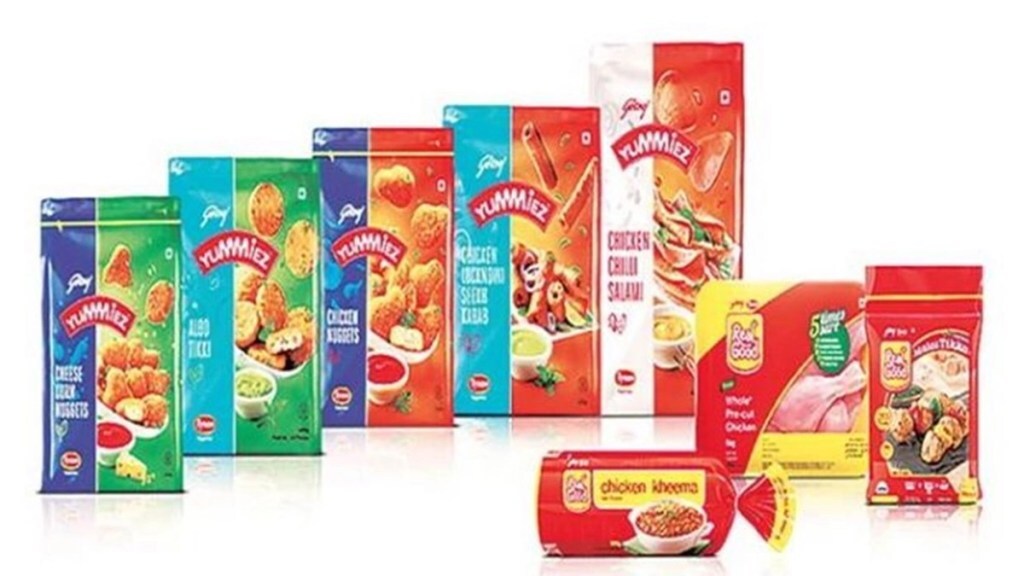After a difficult FY23, Godrej Agrovet, the food and agribusiness arm of the Godrej Group, is expecting to bounce back in FY24 with its topline expected to reach around Rs 11,000-12,000 crore. The company’s FY23 revenues were at Rs 9,374 crore.
Godrej Agrovet managing director, Balraj Singh Yadav said there was a lot of stress their business faced last year with multiple things happening simultaneously which impacted the business. This included losses posted by a subsidiary company, Astec Lifesciences, piling up of inventory and Chinese companies dropping prices to get rid of their unsold stock. But this was part of the cyclical nature of the agribusiness and they were seeing a rebound in the business in the first quarter this year, Yadav said.
A diversified portfolio would help them insulate against these cycles, Yadav said. Godrej Agrovet operates in the animal feed, crop protection, oil palm, dairy, poultry and processed foods segments. They were eagerly waiting for the monsoon and for the kharif sowing season to begin and the demand for crop protection products to pick up. A monsoon failure could hurt the crop protection business.
In FY23, profitability was impacted due to a drop in operating margins of crop protection, animal feed and dairy businesses. Volatile commodity movements and limited transmission due to pricing pressures impacted profitability in the animal feed segment margin in Q4FY23. Lower crude palm oil prices also impacted profitability.
The company is investing around Rs 300 crore in expanding capacity this fiscal which includes a Rs 160 crore herbicide plant in Mahad, Maharashtra, doubling of capacity at a cattle feed plant in Baramati with an investment of Rs 35-50 crore. The company has just opened a Rs 120 crore R&D centre focused on the crop protection and life sciences business.
Godrej Agrovet celebrated 25 years of its biostimulant brand, Double, with new packaging that protected farmers from counterfeits. Double is part of the crop protection business which reduces flower drops and fruit shedding in cotton, soybean, groundnut and vegetable (tomato) crops and enhances crop yield from 10-35%.
The `5,500 crore Indian biostimulant market is expected to grow at a CAGR of 12.5% respectively by 2031. India is one of the few countries around the world to define separate regulations for biostimulants. The 2021 guidelines mandate manufacturers to label the products to include chemical composition and expiry date, as well as mandatory prior registration with the government.
Rajavelu N K, CEO, crop protection business, Godrej Agrovet, said the climate crisis, poor agricultural practices, pests and diseases were impacting yield so there was a need to create awareness around crop protection and the importance of biostimulants along with integrated pest management.


